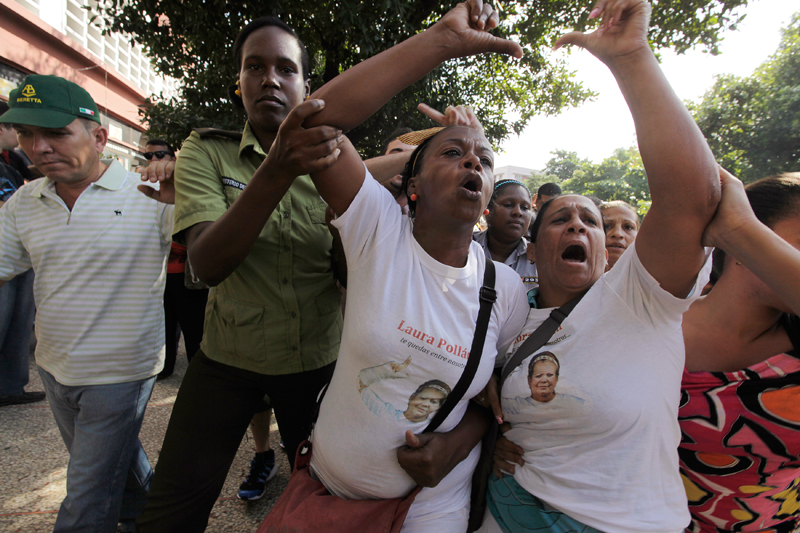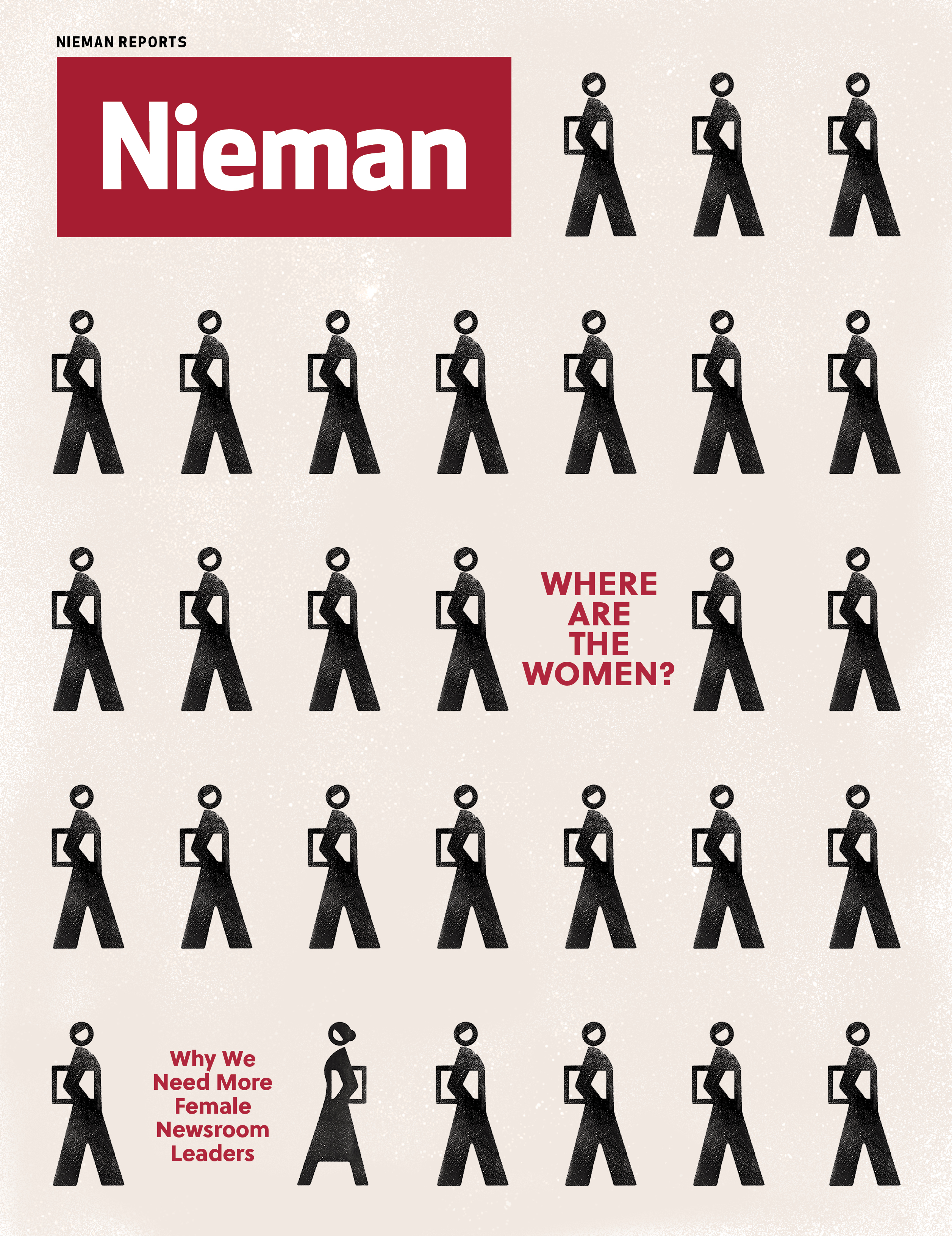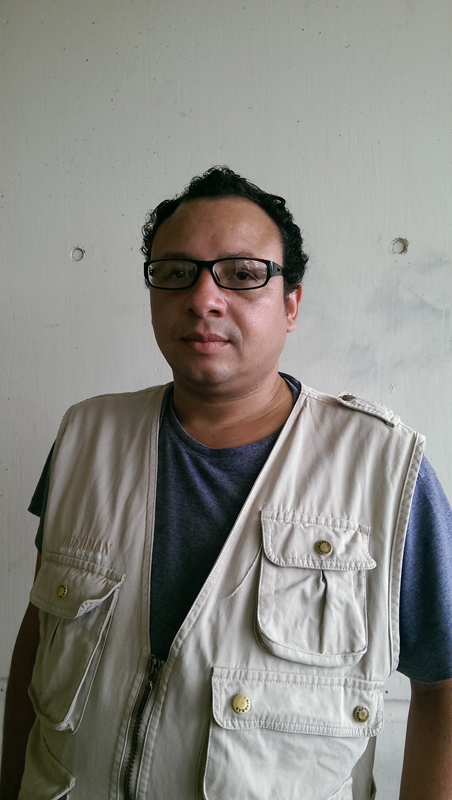
Cuban police arrest family members of imprisoned dissidents during a 2013 protest
Members of Cuba’s mass media, which is completely in the hands of the state, cover only what’s convenient for the government. Because of that, in February of 2009, a group of seven independent journalists and human rights activists in Havana founded Hablemos Press—Let’s Talk—as an independent news agency to break through government censorship and inform the world about events the official media tries to silence.
Our objective was to create a system for gathering and disseminating information and for training journalists and collaborators all over Cuba. Our only equipment was one old computer, one voice recorder, and one telephone line. Today, 38 people work for Hablemos Press. We are active in nine of the country’s 16 provinces and have more than 100 collaborators. We report from and for Cuba on politics, culture, commerce, finance, art, literature, and sports—anything that’s news. And we have done this despite government repression against our journalists.
We have been arrested, deported to our hometowns when police find us elsewhere, threatened with death, harassed, and accused of “pre-criminal dangerousness,”a vague charge that can lead to anything from a ban on foreign travel to a prison sentence. Police and State Security agents beat us, fine us, and confiscate our equipment, including cell phones, cameras, flash drives, computers, recorders, and even interview notes. Our relatives also have been victims of this psychological warfare.
We Cubans live in absolutely horrible conditions. We enjoy no freedoms. We do not trust one another because the government has ground us down to the point where we believe other people could be policemen. We cannot organize peaceful public gatherings to voice our true feelings. We do not have the right to speak our minds—and those of us who do risk going to prison.
For my work as a journalist, I have served more than three years in prison and been detained more than 180 times since 2003. In prison, I witnessed daily beatings, medicine and food shortages, overcrowded cells, torture, suicide, and self-mutilation, things some people cannot believe actually happen in this dictatorship that calls itself “the Cuban Revolution.”
But we keep working as journalists because we are committed to supporting freedom of expression. Journalism must be impartial, but we in Cuba report mostly on government violations because we live under a military dictatorship that abuses the people and civil society every day.
We work in chaotic conditions, in a small and hot room about 12 feet by 20 feet, sometimes with up to six people working on three computers that are not connected to the Internet. We file our reports to supporters abroad when foreign embassies give us a few hours of Internet access in their offices.
We receive more than 15 daily visits from correspondents, collaborators, friends, and others who come by to give us information or ask for it. We make videos, do interviews, copy documents—a lot of work. Right now it’s 3:50 a.m. and I have not slept. I slept just three hours last night, and even less the night before. Despite the challenges, we have been first to many stories the regime tried to hide—the deaths of more than 20 elderly people in a Havana mental hospital during a cold snap in January of 2010; the first outbreak of cholera in Cuba in nearly 100 years; the first cases in Cuba of Chikungunya fever; street protests near the Capitol in Havana; and the deaths of several people after eating rotting meat in the eastern city of Manzanillo.
We have a Web portal for our news reports, www.cihpress.com, that is administered by a friend abroad and is updated three times a week. It gets more than 1,000 visitors per day. Our YouTube channel, with more than 250 videos, has received more than one million visits. In the last year, we also have printed 400 to 600 copies per week of a small Hablemos Press newspaper with national and international news and disseminated DVDs with TV and radio programs not available through official media.
My principal challenge is to confront the repressive apparatus each day, to grow within the repression, to evade government censorship and fill the news pages without fail.



